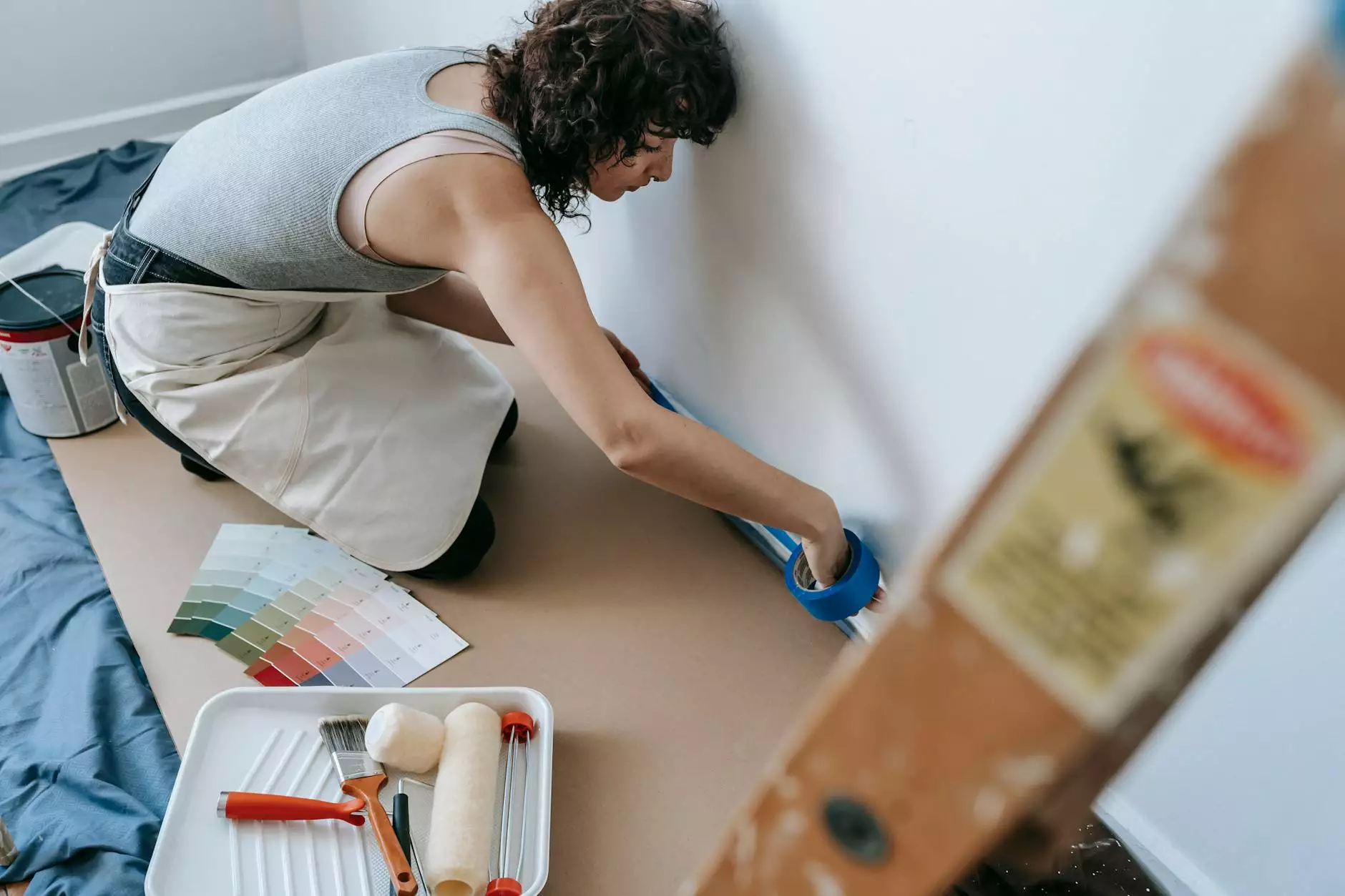The Complete Guide to Full Kitchen Renovation Cost

Kitchen renovations can be a daunting yet rewarding project, transforming one of the most critical spaces in your home into a culinary haven. Understanding the full kitchen renovation cost is essential for planning your budget effectively. This guide will navigate you through the various components of kitchen renovation costs, enabling you to make informed decisions.
What to Expect from a Full Kitchen Renovation?
A full kitchen renovation typically involves a complete overhaul of your kitchen, including structural and aesthetic changes. This could range from changing the kitchen layout to upgrading appliances, cabinets, countertops, and flooring. Here are the primary elements that contribute to full kitchen renovation costs:
1. Cost of Materials
Materials make up a significant portion of the renovation cost. Here’s a breakdown of the key material categories:
- Cabinets: The choice between custom, semi-custom, or stock cabinets can influence your budget immensely. Custom cabinets can cost anywhere from £500 to £1,500 per linear foot.
- Countertops: Depending on the material chosen (e.g., granite, quartz, laminate), countertops can range from £30 to £150 per square foot.
- Flooring: Options like tile, hardwood, or vinyl vary considerably, typically falling between £3 to £15 per square foot, inclusive of installation.
- Appliances: Upgrading your appliances can also add to the cost. High-end appliances can cost £1,000 to £10,000 or more.
- Sinks and Faucets: Expect to spend between £100 and £1,500 based on brand, material, and functionality.
2. Labor Costs
Labor costs can vary widely based on the complexity of your renovation and the professionals you hire. On average, you can expect to pay:
- Contractors: £50 to £150 per hour, depending on their expertise and your location.
- Plumbers and Electricians: Specialized trades can charge £40 to £100 per hour.
- Tile Installers, Carpenters: Often around £30 to £75 per hour.
3. Permits and Inspections
Depending on the scope of your renovation, you may need to acquire permits, which can range from £100 to £1,000. Always check local regulations to ensure compliance, as expensive fines can occur if you don't.
Factors Affecting Full Kitchen Renovation Costs
When planning your kitchen renovation, various factors can influence the overall costs:
- Size of the Kitchen: Larger kitchens will naturally incur higher costs for materials and labor.
- Existing Layout: A kitchen that requires extensive structural changes (e.g., removing load-bearing walls) will see increased labor costs.
- Quality of Materials: Higher quality finishes and energy-efficient appliances will increase costs but can yield long-term savings.
- Market Conditions: Costs can fluctuate based on demand and availability of materials and labor in your area.
Creating a Budget for Your Full Kitchen Renovation
Setting a budget is essential for a successful kitchen renovation. Consider the following steps:
Step 1: Determine Your Overall Goals
Decide what you wish to achieve with the renovation. Is it purely functional, or do you want an aesthetic upgrade as well?
Step 2: Prioritize Your Needs and Wants
Make a list of must-haves versus nice-to-haves to help clarify your budget. For example:
- Must-Haves: New cabinets, plumbing updates.
- Nice-to-Haves: Smart appliances, exotic materials.
Step 3: Research Local Costs
Look into average local costs by getting quotes from multiple contractors. This research will give you a realistic expectation of your full kitchen renovation cost.
Step 4: Factor in a Contingency Fund
It’s wise to set aside an additional 10-20% of your overall budget for unforeseen costs that may arise during the project.
Cost-Saving Tips for Kitchen Renovations
Here are some recommendations to help save on costs without sacrificing quality:
- DIY Where Possible: Conduct minor tasks yourself, such as painting or installing backsplash tiles, to cut down on labor costs.
- Shop Smart: Look for sales, discounts, or showroom samples that can significantly reduce material costs.
- Repurpose Existing Materials: If your cabinets are in good condition, consider repainting or refacing them instead of a full replacement.
- Plan for Energy Efficiency: Investing in energy-efficient appliances can save money in the long run through reduced utility bills.
Conclusion
Understanding the factors that contribute to full kitchen renovation costs will empower you to plan effectively and make the most of your investment. Whether you’re looking to modernize your space or improve functionality, a well-thought-out renovation can significantly increase your home's value and enhance your cooking experience.
Engaging skilled professionals and planning meticulously will ensure your kitchen makeover is a robust success. Remember, a beautiful kitchen is not just about aesthetics; it's about creating a space that meets your functional needs, reflects your style, and provides lasting value to your home.
For more information about kitchen renewals, makeovers, and renovations, explore the services offered by kitchenmakeovers.co.uk and take the first step toward achieving your dream kitchen.



